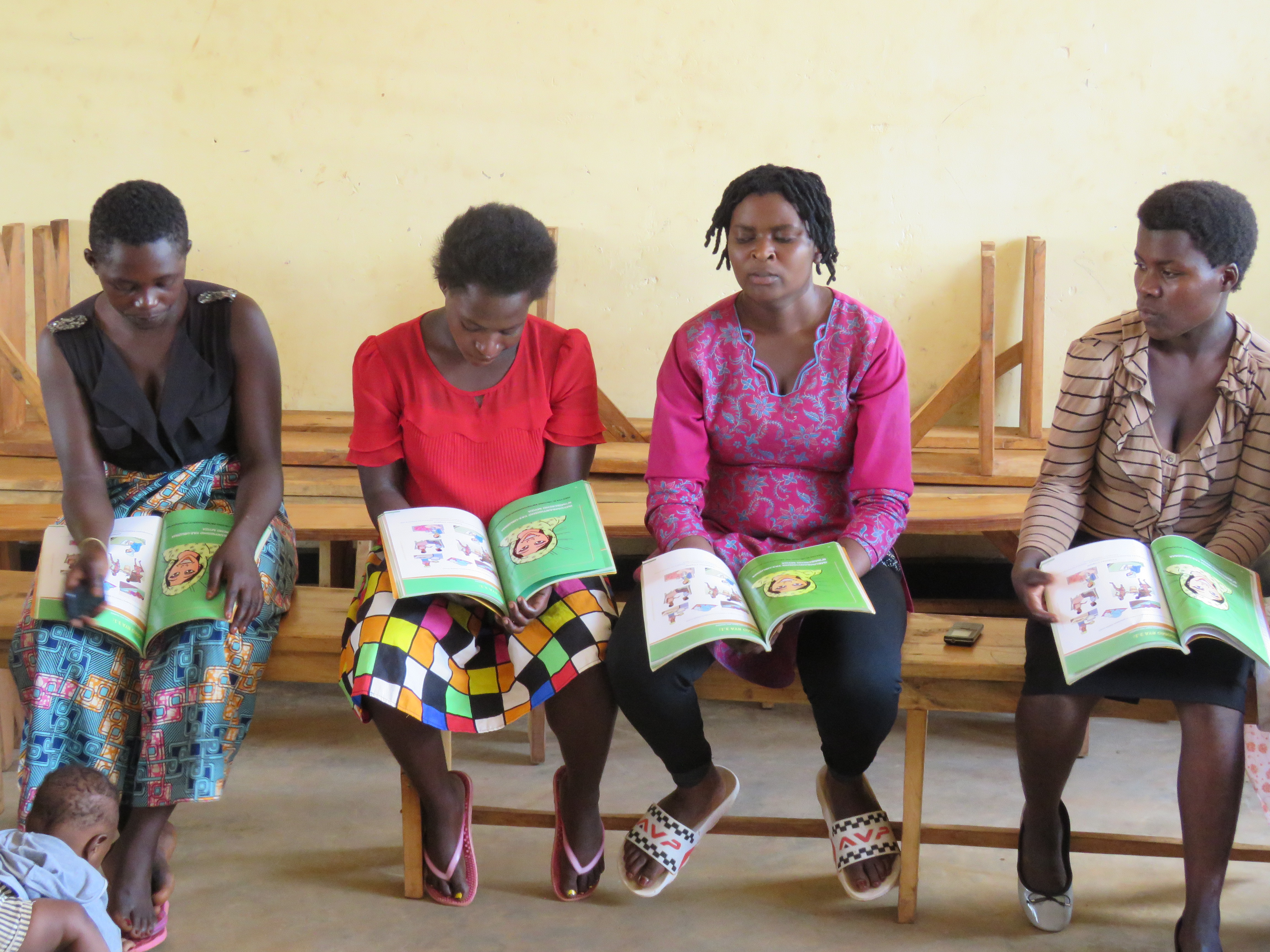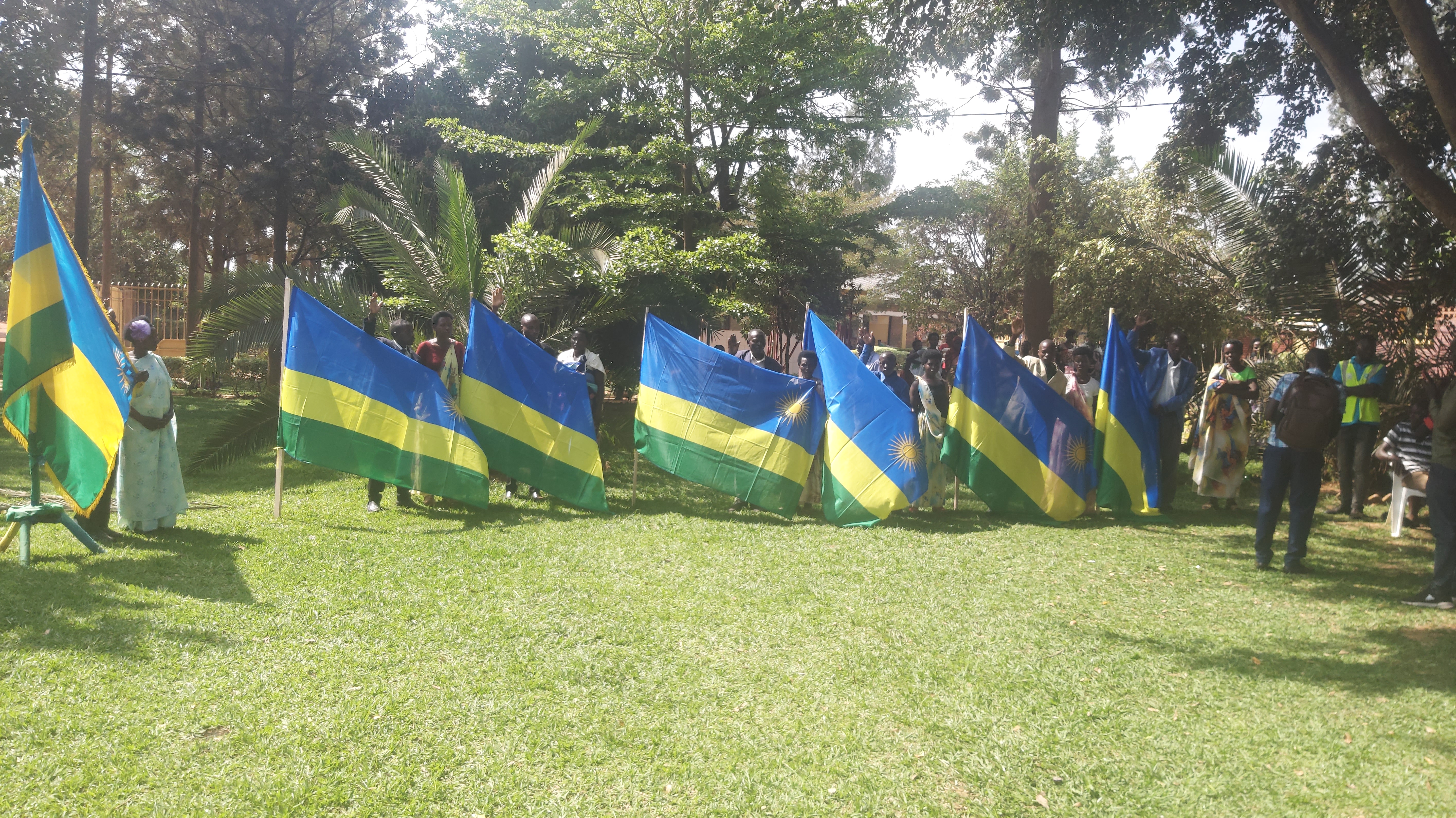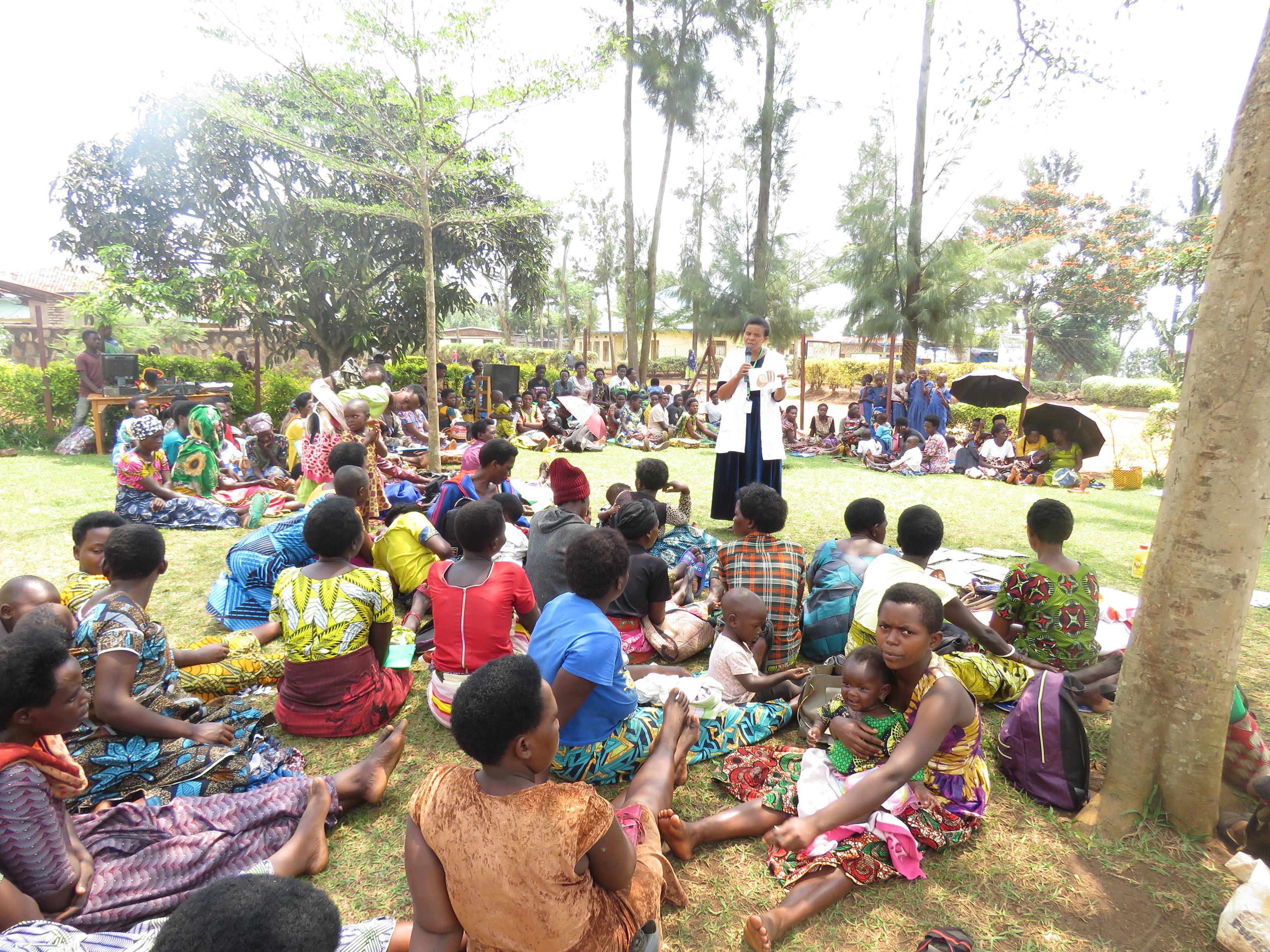Women for Women Programs
1. Empowering Together for Lasting Change: Our Holistic Approach
At Women for Women Rwanda, our commitment to transformative change extends beyond
individual growth. For over 25 years, our CORE Program (Strong Women, Strong Nation) has
empowered 18-55 years old vulnerable women in rural and semi-urban areas, igniting hope
and fostering empowerment.
2. Community Advocacy: Women as Change Agents
Our women graduates are more than beneficiaries; they are catalysts for change on
society's front lines. Having completed the Stronger Women, Stronger Nations Program,
these remarkable women leverage their newfound skills to become true Change Agents.
Through local advocacy and leadership roles, they spearhead initiatives that rebuild
communities and tackle persistent challenges. With our unwavering support, these women
drive sustainable progress, creating a legacy that resonates for generations to come.
3. Fostering Safer Communities: Our Approach to GBV Prevention
At Women for Women, we recognize the urgent need to address Gender-Based Violence
(GBV) as a fundamental step toward building thriving communities. We are proud to
collaborate with influential institutions such as the Police, Health Centers, and faith-based
organizations to create a united front against GBV.
Through these strategic partnerships, we embark on a comprehensive journey to promote
cohesion and deliver essential information. Our joint efforts encompass a wide spectrum of
critical topics, ranging from GBV prevention strategies and anti-GBV laws to equally vital
aspects of hygiene, nutrition, and family planning. By weaving these topics together, we
empower community members with a holistic understanding of well-being and safety.
Central to our approach are thoughtfully crafted campaigns that resonate with the
community at large. These campaigns serve as powerful platforms for disseminating
knowledge, raising awareness, and fostering a collective commitment to change. By
targeting a broad audience, we ensure that the message of GBV prevention reaches every
corner of the community, leaving no one behind.
In this collaborative endeavor, we are not merely distributing information; we are sowing
the seeds of transformation. By engaging institutions that wield influence and respect within
the community, we amplify our impact and credibility. Together, we envision a future where
GBV becomes an echo of the past, replaced by empowered individuals and united
communities.
As we march forward, hand in hand with our partners and community members, we chart a
course toward a violence-free, equitable, and empowered tomorrow.
4. Complementary Activities: Enhancing Impact
We are dedicated to continuous improvement, enhancing both our program offerings and
their impact through complementary activities. The caregiver initiative provides our young
mothers with the opportunity to enhance program experience and participants. Also,
recognizing that true progress requires a unified approach, our initiatives extend to men's
engagement and community advocacy.
5. Men's Engagement: Allies for Equality
Breaking the chains of gender norms and inequalities demands collaborative effort. Our
Complementary Program actively involves men as allies and advocates for women's
empowerment. By collaborating with male community leaders and household members, we
cultivate an understanding of the substantial benefits that arise from supporting women's
progress. Together, we champion gender-equitable behaviors, nurturing an environment
where women thrive.
6. Working with Adolescent Girls
This year, we are piloting a program that reaches adolescent girls. The difficult reality is that
many teenage girls are thrust into the roles and responsibilities of womanhood and
motherhood early. Adolescence is the ideal point to implement women’s empowerment
programs, for this is the moment where long-term decisions that lead to life-long impacts
on girls’ development and futures are made.
The pilot will provide the bundled socioeconomic skills training that 16- and 17-year-old girls
need to guard their independence and chart a course for the life that they choose during
this vulnerable time. It’s an investment in the future of these young girls. We’re excited to
expand our work in this way and will continue to adapt this program moving forward based
on responses and outcomes.
Our staff recognizes that work with adolescent girls is complex, requiring special ethical and
legal considerations. Therefore, we are developing the appropriate safeguarding tools,
monitoring and evaluation protocols, and staff capacity to ensure the safety of every girl we
work with. During this planning process, we’re prioritizing a rights-based and survivor-
centered approach, and, with the support of an adolescent-girls expert, WfW-Rwanda
team’s is developing the pilot program through a local lens that accounts for country-
specific challenges, gender norms, and traditions.




